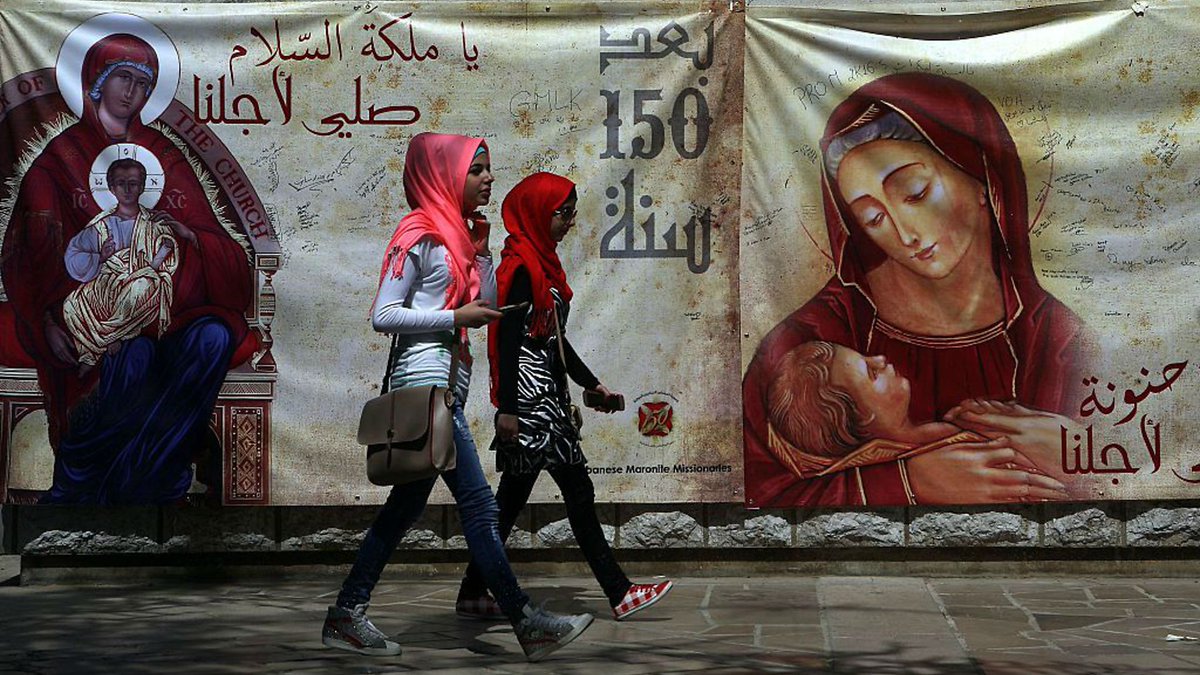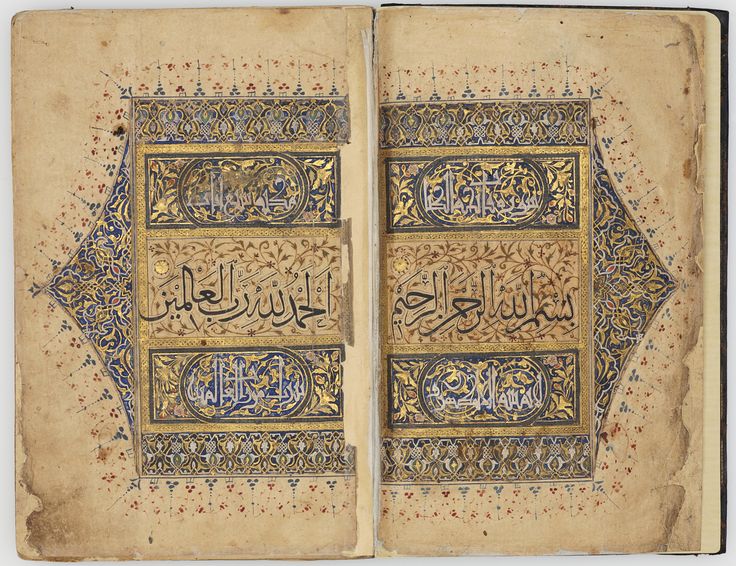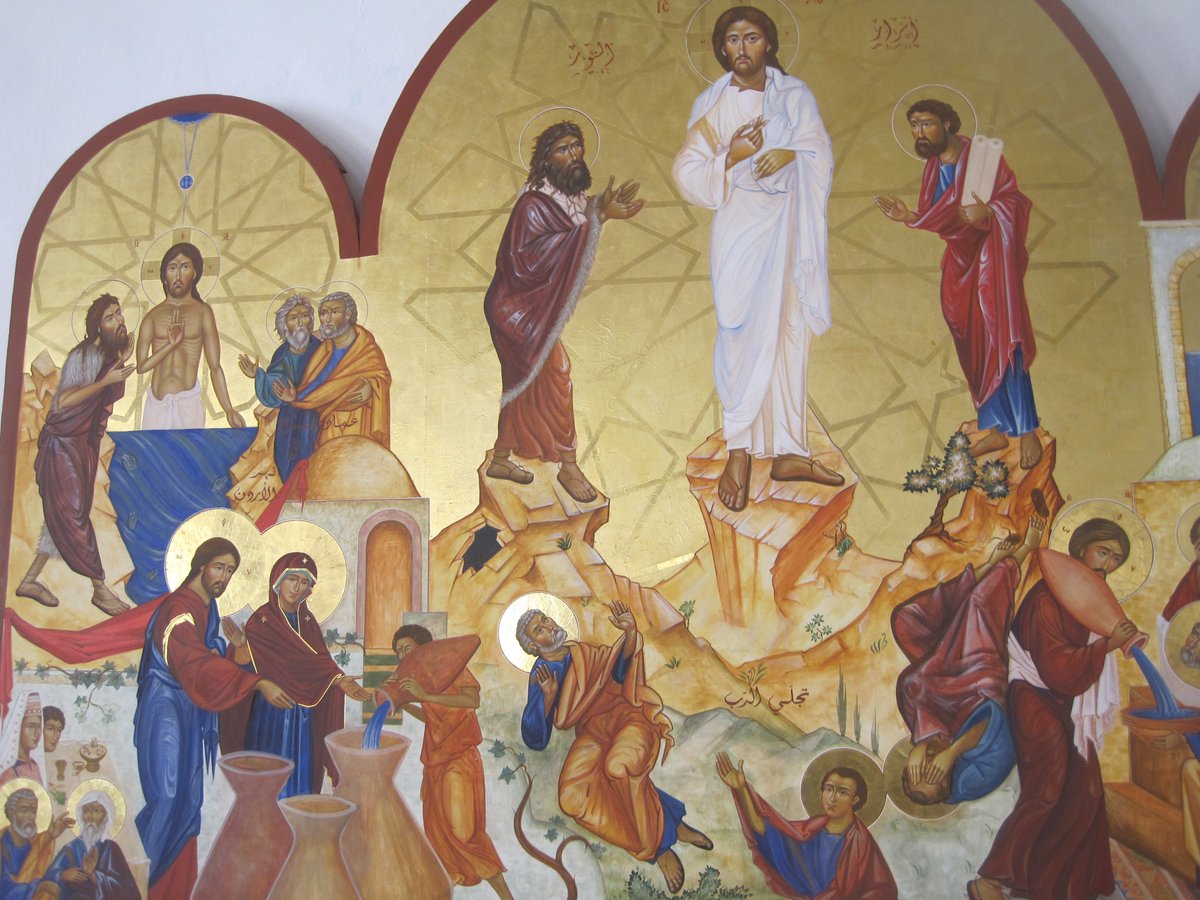
Today is the Feast of St. George, also known as Al-Khidr in Arabic. He is revered in both Christian and Muslim spirituality and brings our two communities together in beautiful ways, esp in the Middle East. 

The above photo is from a shrine to St. George in Mahis, Jordan. On May 6th each year, Christians and Muslims visit the shrine and an Orthodox Mass is held. Here a Muslim woman and my Catholic friend, Elham, are speaking to the local bishop.
These are the ruins of a church dedicated to St. George in Amman in Jabal al-Weibdeh. This is where I happened to meet Osama, a young Muslim man who became a friend and dialogue partner while I lived in Amman. 

When my parents and now-husband Chris traveled with me to Palestine, I told my Muslim cab driver Muhammad that I wanted to take them to the St. George Church in the West Bank town of Khidr, bc St. George is Chris' patron. ... 



Muhammad told me the church would be closed that day, but he knew the Muslim family who held the keys to the church. We stopped by their house, got the keys from the family, and Muhammad (and their little kids) showed us around and told us the legends and miracles of the church.
(That day, Muhammad also quickly got us out of an area in Bethlehem where the Israel military was starting to tear-gas Palestinian protestors, who were marching against the murder of a Jordanian-Palestinian man who was killed at the border the day before.)
There is so much more I could say about St. George/al-Khidr in our respective traditions, but I'll leave that for another time. Pray for us, St. George the Green One! 

• • •
Missing some Tweet in this thread? You can try to
force a refresh






